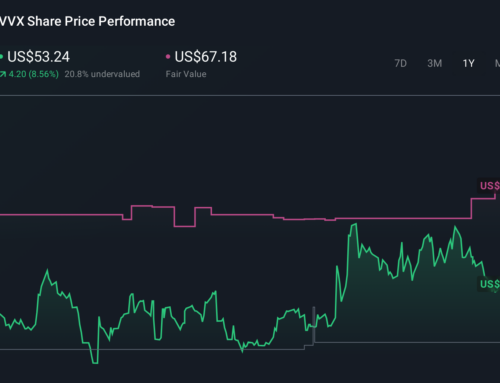2 bills meant to lower UP energy costs move forward in committee
April 15, 2025
LANSING, Mich. (WLUC) – An effort in Lansing to lower U.P. energy costs is moving forward.
The House Energy Committee approved two bills that would keep 13 generators producing energy. The House Energy Committee voted to approve the bills in Lansing Tuesday morning. All Republicans voted in favor, and some committee Democrats joined them.
Representative David Prestin (R) 108th State House District says the extended use of natural gas would combat increased energy rates.
“So, people of the U.P., because we are attached to We Energies, we’ll be paying for two generation assets. The renewable side and RICE generators that can no longer be used probably after 2032,” Prestin said.
The legislation from Prestin and Representative Karl Bohnak (R) 109th State House District would allow U.P. RICE generators to be used through the end of their lifecycle in 2049. Otherwise, the generators will be forced offline early, under the state’s clean energy laws.
That would lead to significant increases in monthly bills, about $80 for residential customers and $470,000 for large industrial facilities. However, Clean Water Action Member Nichole Keway Biber says lawmakers should focus on nature-based solutions.
“If we’re going to be meeting to avoid the most severe climate impacts, we need to be reducing our reliance on combustible energy. So, bills like these feel very irresponsible, unethical and frankly a distraction,” Keway Biber said.
Michigan League of Conservation Voters Member Nicholas Occhipinti also opposes the bills. He says energy efficiency can save people money.
“Storage technology that evolves, wind, increased transmission, we have to look at the whole supply portfolio together, and that’s how we protect Michigan repairs and balance the interest from a giant utility corporation,” Occhipinti said.
He says the Michigan Public Service Commission can best answer energy supply and demand. But Prestin says an MPSC report says a legislative fix is needed in the U.P. Multiple energy sources will be difficult to pay for.
“You’re already paying on bonded assets that are gonna become stranded assets in the RICE generators, and to backfill that stranded asset, you’re gonna need to deploy renewable energy,” Prestin said.
Before voting, one bill was amended to exempt the U.P. from complying with clean energy standards until RICE generators reach end-of-life cycles and was referred to a second reading. The other bill was referred to the Committee on Rules.
The bills still need further committee approval, but they are now a step closer to being voted on on the House floor.
Copyright 2025 WLUC. All rights reserved.
Search
RECENT PRESS RELEASES
Related Post




